
Women with higher diet adherence scores after diagnosis had a 33% lower risk for all-cause mortality and a 17% lower risk for mortality related to breast cancer compared with women with lower diet adherence scores.

Women with higher diet adherence scores after diagnosis had a 33% lower risk for all-cause mortality and a 17% lower risk for mortality related to breast cancer compared with women with lower diet adherence scores.

Of note, the results indicated that patients with breast cancer who were younger than 60 and of Black or other race were more likely to experience under-recognized symptoms by their physician.

Recently presented data demonstrated that a combination of oral paclitaxel and Encequidar elicited promising results in patients with radiation-associated breast angiosarcoma.

In addition to having greater efficacy, the combination of oral paclitaxel and encequidar demonstrated lower rates of chemotherapy-induced peripheral neuropathy in patients with metastatic breast cancer compared to intravenous paclitaxel.

Younger age, breast cancer diagnosis, Medicaid insurance and treatment type were associated with an increased risk for women becoming new chronic users of opioids or sedatives/hypnotics following mastectomy with reconstructive surgery.

Patients with metastatic breast cancer who received an oral version of the chemotherapy drug experienced improved response rates and reductions in peripheral neuropathy compared to those who took the drug intravenously.

At the 2019 San Antonio Breast Cancer Symposium, Khevin Barnes advocated on behalf of men with breast cancer, but also advocated for more men with breast cancer to join him.

Patients with early-stage triple-negative breast cancer who did not have circulating tumor DNA in their blood experienced superior outcomes to chemotherapy followed by surgery.

Residual cancer burden can help physicians pinpoint accurate long-term predictions about the likelihood that a patient’s breast cancer will return.

Women who took estrogen alone as hormone therapy for their menopause experienced decreased rates of breast cancer and death from the disease even after they stopped taking the therapy, when compared to women who took estrogen with progestin.

Survival and recurrence rates were similar among patients with breast cancer who either received accelerated partial breast irradiation or whole breast irradiation.

This massive event for women with breast cancer just may be “man’s breast friend”.

Women treated with Arimidex for five years were 50% less likely to have developed breast cancer recurrence compared with women given placebo at nearly 11 years follow-up after stopping treatment.
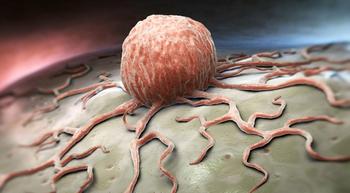
Adding Tecentriq to chemotherapy before surgery did not improve the rate of pathologic complete response in patients with advanced, early-stage triple-negative breast cancer.
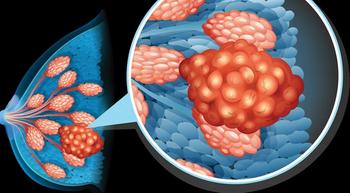
Nearly 65% of patients whose disease had spread to lymph nodes showed no signs of cancer following a regimen of Keytruda plus chemotherapy compared with those who received chemotherapy alone.
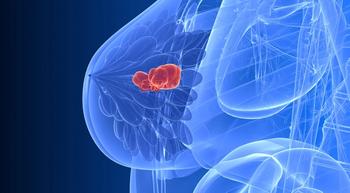
Results from a phase 3 trial showed significant increases in five-year invasive disease-free survival estimates among Japanese patients with hormone receptor-positive, HER2-negative breast cancer.
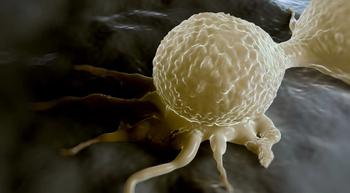
Researchers found that the addition of Perjeta to Herceptin plus chemotherapy reduced the relative risk for breast cancer recurrence or death in patients with operable HER2-positive early breast cancer, according to a six-year follow-up.

The HER2-targeted antibody-drug conjugate T-DXd achieved a response in 60.9% of patients, according to phase 2 study findings.

Losing even a moderate amount of extra weight significantly reduces the risk of breast cancer for postmenopausal women, a researcher reports.

The incidence of human papillomavirus-related oropharyngeal cancer (HPV-OPC) is on the rise. Researchers at Johns Hopkins University assessed survey data to determine whether the risk among the general population is rising as well. Results show that for most people, the risk remains low.
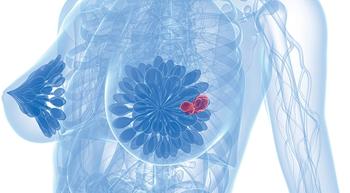
Talazoparib, a PARP inhibitor is more effective than chemotherapy in reducing the risk of disease progression and death from BRCA-positive breast cancer.

Researchers find that women with postmenopausal hormone receptor (HR)-positive breast cancer may undergo shorter treatments of Arimidex, which may in turn cause less bone fractures.

A phase 3 clinical trial pitted a nine-week treatment of adjuvant Herceptin against the regimen of a full year of treatment for patients with HER2-positive breast cancer. Results show that the standard treatment of one year is still optimal.

To address compliance issues associated with treatment using aromatase inhibitors, researchers show that acupuncture effectively eases joint pain, a side effect from hormone therapy.

A reveiw of five clinical trial findings suggests that gonadotropin-releasing hormone analog has the potential to preserve ovarian function and fertility in premenopausal breast cancer patients.

New research demonstrates that a CDK4/6 inhibitor, used in combination with standard endocrine therapy with temporary ovarian suppression significantly improves progression-free survival in younger patients who currently have few treatment options.
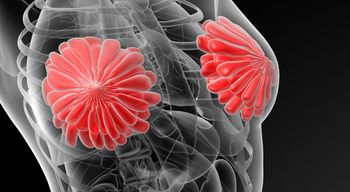
The combination of Keytruda (pembrolizumab) and Herceptin (trastuzumab) showed promise for the treatment of women with Herceptin-resistant, PD-L1–positive, HER2-positive breast cancer.
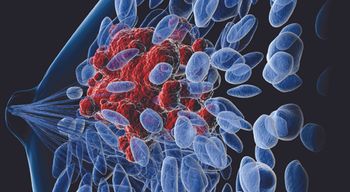
A stud presented at SABCS shows that IMMU-132, an antibody-drug conjugate, improves outcomes in women with heavily pretreated metastatic triple-negative breast cancer.

The combination use of Herceptin plus standard adjuvant chemotherapy does not improve outcomes in women with HER2-low breast cancer.

For women with early-stage breast cancer who are receiving chemotherapy, shortening the time between treatment cycles or administering the agents sequentially may reduce disease recurrence and mortality compared with standard chemotherapy regimens.